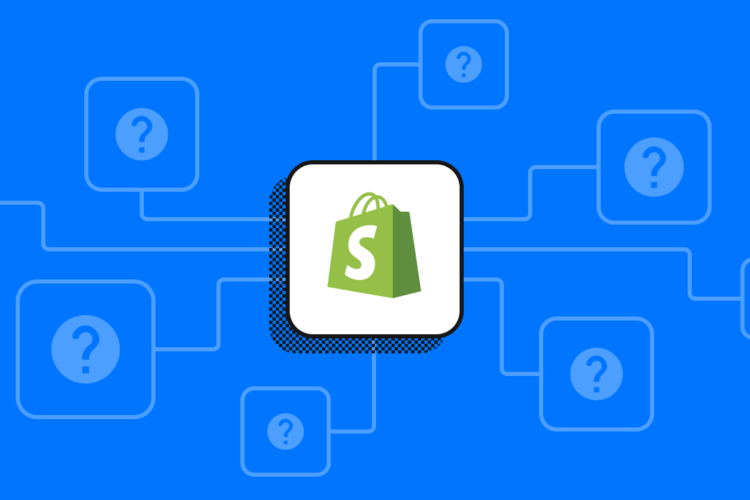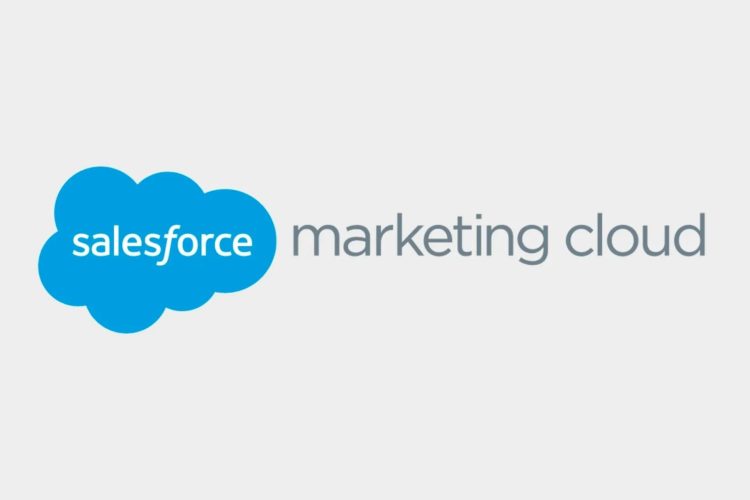
In the fast-paced world of modern business, branding isn’t just a luxury reserved for large corporations with hefty marketing budgets. In fact, branding is crucial for small businesses as it sets them apart from competitors and helps build customer trust. Whether you’re a startup, a local store, or an established small business, your brand represents your identity in the market. It’s the story you tell your customers, the promise you make, and the way you engage with your audience.
But how do you go about creating a powerful brand for your small business without breaking the bank? This guide will walk you through the essentials of small business branding, offering strategies and tips that are cost-effective and easy to implement.
Why Branding Matters for Small Businesses
Branding is much more than just a logo or a color palette; it’s the perception that customers have when they think of your business. Effective branding helps you stand out in a crowded marketplace, build credibility, and foster customer loyalty. When done right, branding not only draws attention but also resonates with your target audience, turning visitors into loyal customers.
Branding also has the power to influence purchasing decisions. Studies show that consumers are more likely to buy from brands they recognize and trust. By developing a consistent brand identity, small businesses can create that recognition and establish a trustworthy reputation in the eyes of their target audience.
The Building Blocks of Branding
Now that we understand the importance of branding, let’s dive into the building blocks that make up a great brand for your small business.
1. Define Your Brand Identity
Your brand identity is the core of your business – it represents your values, personality, and mission. Think about what makes your business unique. What are your core beliefs and values? How do you want to be perceived by your customers? Defining your brand identity is the first step to creating a brand that speaks directly to your target audience.
Create a brand statement that clearly outlines what your business stands for and what makes you different from others. This will help guide all other aspects of your branding, from your visual design to your tone of voice.
2. Know Your Target Audience
Understanding your target audience is key to building a brand that resonates. Research your potential customers’ demographics, preferences, and pain points. What are their needs, interests, and challenges? When you know who you are speaking to, you can tailor your brand message to appeal to that audience effectively.
For example, if your small business is based in Durham, NC, and you’re catering to a local market, your branding should speak to the culture, preferences, and values of that community. Being in tune with your audience’s needs and lifestyle allows you to build a brand they can relate to.
3. Create a Visual Identity
Your visual identity is often the first thing people notice about your brand, so it’s essential to get it right. Visual branding includes elements like your logo, color scheme, typography, and overall design style. These elements work together to create a cohesive look and feel that represents your brand personality.
For a small business, it’s important to keep your visual branding simple and consistent across all channels. Your logo should be memorable, and your color palette should evoke the right emotions associated with your brand. Whether it’s your website, social media profiles, or printed marketing materials, a consistent visual identity builds brand recognition. Using tools like an ai video editor can also help reinforce your visual style by creating videos that match your brand’s look, making your branding even more impactful across digital platforms.
If you’re looking for affordable website design in Durham, NC, you may want to work with professionals who understand local trends and can create a design that reflects your brand effectively. Partnering with experienced designers ensures your visual branding is polished and aligns with your business goals. You can find support through services, which specializes in creating tailored website designs for small businesses.
4. Develop Your Brand Voice and Messaging
Your brand voice is how you communicate with your customers, and it should reflect your business’s personality and values. Whether you use a friendly and casual tone or a more formal and professional approach, consistency is key. Your brand voice should be evident in all written content – from your website copy to social media posts to customer emails.
In addition to your voice, you should have a consistent brand message. This includes your tagline, value proposition, and the key messages you want to convey about your business. These elements should help customers understand who you are, what you offer, and why they should choose you over competitors.
5. Leverage Social Media for Brand Awareness
Social media platforms are a great way for small businesses to build brand awareness and engage with their audience. Platforms like Instagram, Facebook, LinkedIn, and Twitter allow you to connect with your target audience on a personal level and showcase your brand personality.
Choose platforms that align with your target audience and focus on creating content that reflects your brand’s identity. For example, if you run a local bakery, you might use Instagram to showcase delicious photos of your baked goods, share behind-the-scenes content, and engage with local food lovers. Social media is also a great tool for storytelling, allowing you to share your brand’s journey, values, and community involvement.
6. Build Customer Relationships and Loyalty
Building strong relationships with your customers is vital for small businesses. One way to create brand loyalty is by providing excellent customer service and consistently delivering on your brand’s promises. When customers have positive experiences with your brand, they are more likely to return, make recommendations, and leave positive reviews.
Customer loyalty programs, personalized thank-you notes, and occasional special offers for loyal customers can go a long way in making your audience feel valued. Word-of-mouth marketing is a powerful branding tool, and happy customers are your best advocates.
7. Incorporate Local Branding Elements
If your small business serves a local community, incorporating local elements into your branding can make a significant impact. Highlighting your connection to the local area, supporting community events, and collaborating with local businesses can enhance your brand’s reputation and foster a sense of local pride.
For example, if you’re based in Durham, NC, you could showcase the city’s culture, history, and landmarks in your branding materials. This not only establishes you as a local business but also helps build a stronger bond with your community.
Branding on a Budget: Making It Work
Branding doesn’t have to be expensive to be effective. By focusing on these essentials, you can build a strong brand identity without spending a fortune. Take advantage of free tools for creating logos and social media graphics, and prioritize a consistent, authentic brand message over costly advertising.
Most importantly, remember that branding is an ongoing process – it evolves as your business grows and as you learn more about your customers. Don’t be afraid to adjust your branding strategies as needed to ensure they align with your business goals and audience preferences.
Conclusion
Branding is a vital part of any small business’s success. By defining your brand identity, understanding your audience, creating a consistent visual presence, and connecting with your community, you can build a brand that stands out and thrives. With thoughtful planning and a focus on authentic connections, your brand can leave a lasting impression and help your business grow in the long term.





